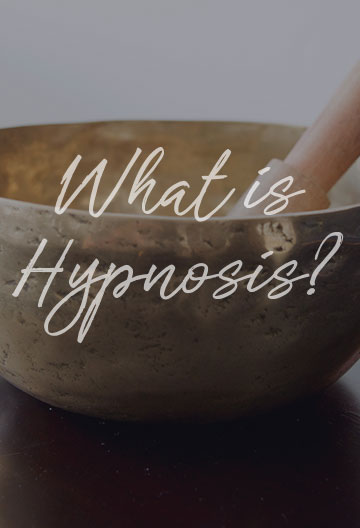In my psychotherapy and hypnosis practice I often see people who feel desperate to overcome insomnia and sleep better. They say that their fatigue and sleep problems contribute to relationship, work, mood and health issues. They believe that sleeping well would dramatically improve everything in their lives.
We can create good sleep habits by doing things like avoiding the snooze button, having a regular bedtime routine and avoiding caffeine after mid-afternoon. Those things control external factors but what about what’s happening inside our psyches?
Anyone who suffers from chronic insomnia knows that a very frustrating part of the experience is exhaustion coupled with a mind that won’t shut down. The powerless feeling that comes along with those spinning thoughts has been linked to difficulty falling asleep.
To Sleep Better, Get Control of the Past: Overcome Insomnia by Lowering Worry & Rumination
As studies have looked at the roles of emotion and cognition on poor sleep, researchers have begun to distinguish between the characteristics of worry and rumination. Interestingly, worry seems related to thinking about how the present might interfere with the future. This often manifests as anticipatory anxiety about having problems sleeping. In contrast, rumination tends to focus on going back over (and over!) the past. Although worry and rumination both involve repetitive thought processes, rumination has been shown to have a more significant impact on disturbing sleep and sleep quality than worry does.
Can Practicing Forgiveness Lessen Rumination and Help You Sleep Better?
The short answer: yes! But it’s not quite as simple as it seems.
A comparison of three longitudinal studies looked at the relationship between rumination, emotion and forgiveness. Increases in rumination, especially rumination that related to anger (rather than fear), corresponded to decreases in forgiveness. In other words, the less we ruminate, the more forgiving we feel. Remarkably however, being more forgiving did not have as big of an impact on lowering rumination as the other way around. Since there exists a clear relationship between insomnia and rumination and there is also a relationship between forgiveness and rumination, how can you use this information to sleep better?
Gratitude is the Magic Ingredient in the Relationship Between Rumination, Forgiveness and Overcoming Insomnia.
Because gratitude and forgiveness have both been shown to be positive personality traits, it makes sense that fostering them would help offset some negative characteristics, thought processes or experiences. As just mentioned, the less we ruminate, the more forgiving we are. By contrast, being more forgiving doesn’t have as much impact on making us ruminate less. When we add in the practice of gratitude though, things improve substantially.
Some recent research found that when individuals had higher levels of gratitude, they also had higher levels of forgiveness. This then led to decreased rumination.
Bootstrapping all of these elements together, we start to get a map for how to keep an optimistic outlook, a freer mind and a way to overcome insomnia. When we focus on the things we grateful for, we feel less angry and forgive more easily. This lowers the tendency towards rumination, including at bedtime which, in turn, leads to better sleep.
To learn more about how to support great sleep and to find out the BEST time of day to do it, download my complimentary eBook and video, The 3 Biggest Things That Cause Sleep Problems & The ONE Thing You Can Do by 3pm to Sleep Better!
Featured image by fizkes for adobe
Post also published on thriveglobal.com on June 21, 2022









great article!
Thanks, Rebecca!
Great article!
Thank you! Glad you enjoyed it!